This “Unpopular” Scheme May Be The Secret To Retiring In Your HDB: What The Lease Buyback Scheme Is All About
September 4, 2023
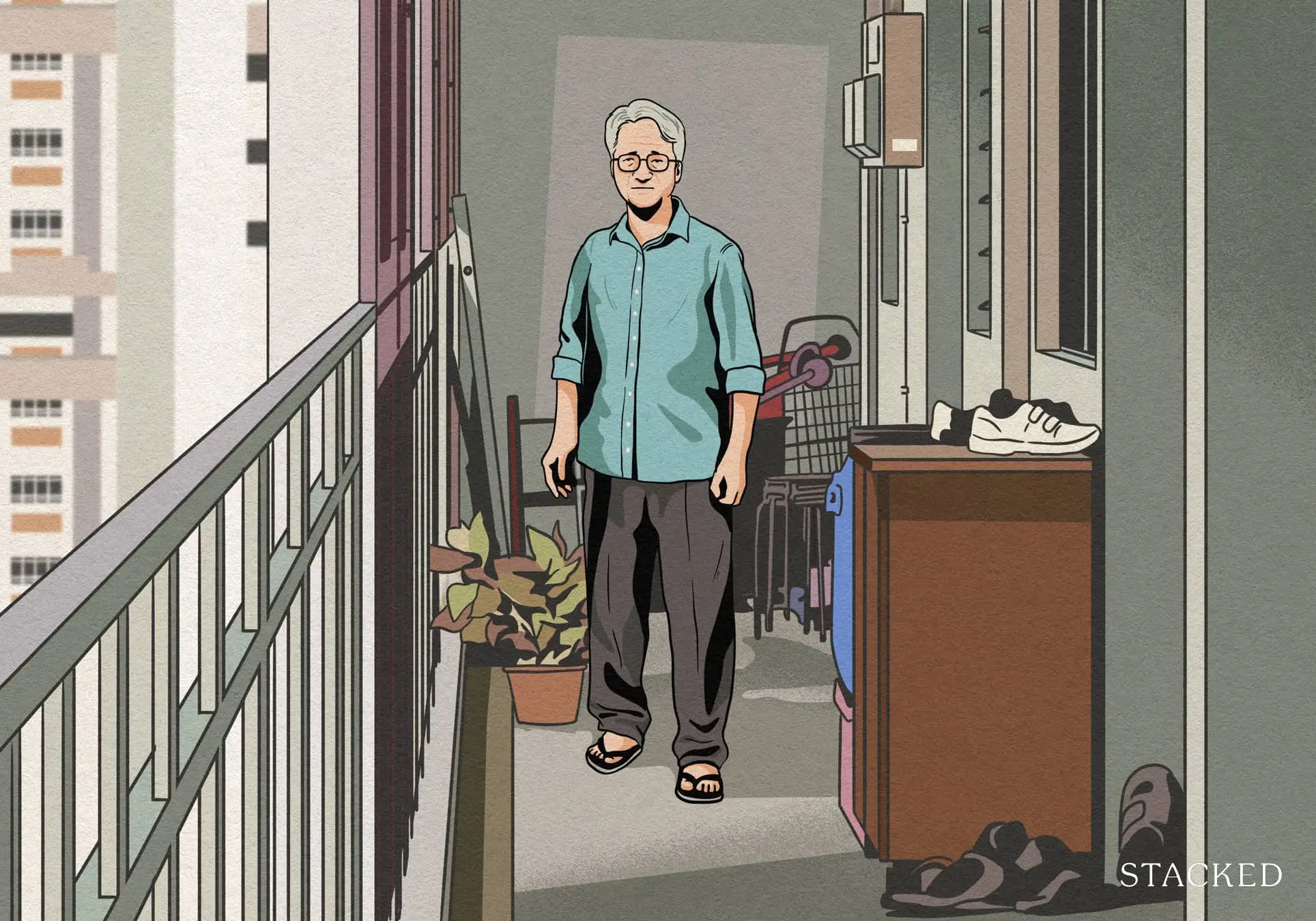
In a recent Straits Times report, it said that more senior citizens are using the Lease Buyback Scheme (LBS). About 2,860 seniors used the scheme in 2022, up from 2,790 the year before. To be clear, these are still rookie numbers – 2,860 is a raindrop in a monsoon, when we consider the sheer number of seniors in HDB flats out there. The LBS is, to be blunt, still not the most popular choice. But I’m going to go out on the proverbial limb and say that not only will it grow in popularity; it may one day end up being a norm (also, as they improve it). Here’s why:
A quick rundown of the LBS
The full details of the LBS can be found in this article. But as a quick summary: this is a way for eligible Singaporeans to sell back the unused portion of their flat’s lease, to top up their CPF (and maybe get some bonus cash on top of it).
More from Stacked
Why It’s Never As Easy As “Just Refinancing” To A Cheaper Home Loan
Your eyes pop out a little when the mortgage banker shows you their rate: 1.2 per cent per annum? That’s…
This way, they can get money for their retirement needs, without having to actually sell the HDB flat.
The drawback is that they can’t sell the flat on the open market afterward, so it may be a loss, if, say, someone later comes along offering much more for their flat. Some may also see it as taking away from their legacy planning, if they intend for their children to benefit from the flat.
So far it hasn’t been too popular, with most seniors holding on to the end, or selling and downsizing instead.
But here’s why we may see much more of LBS in the future:
1. Some locations are not replicable
On the most surface level, this is about not having an MRT nearby, a mall nearby, and so forth. Just about everyone who’s been forced to move, due to uncontrolled circumstances, understands the pain of this.
(I was forced to move from our comfortable Bedok Reservoir location to a landed enclave in my younger years; and I swear I did more walking to and from the house and bus stop than I had to do during NS).
On a deeper level, however, this goes beyond the closest amenities. The elderly have often formed certain bonds with their surroundings. They have a common pool of faces that they’re used to seeing and daily conversations they look forward to. In my current estate, the senior citizens not only know each other, they know the names of the pets of each other’s grandchildren.
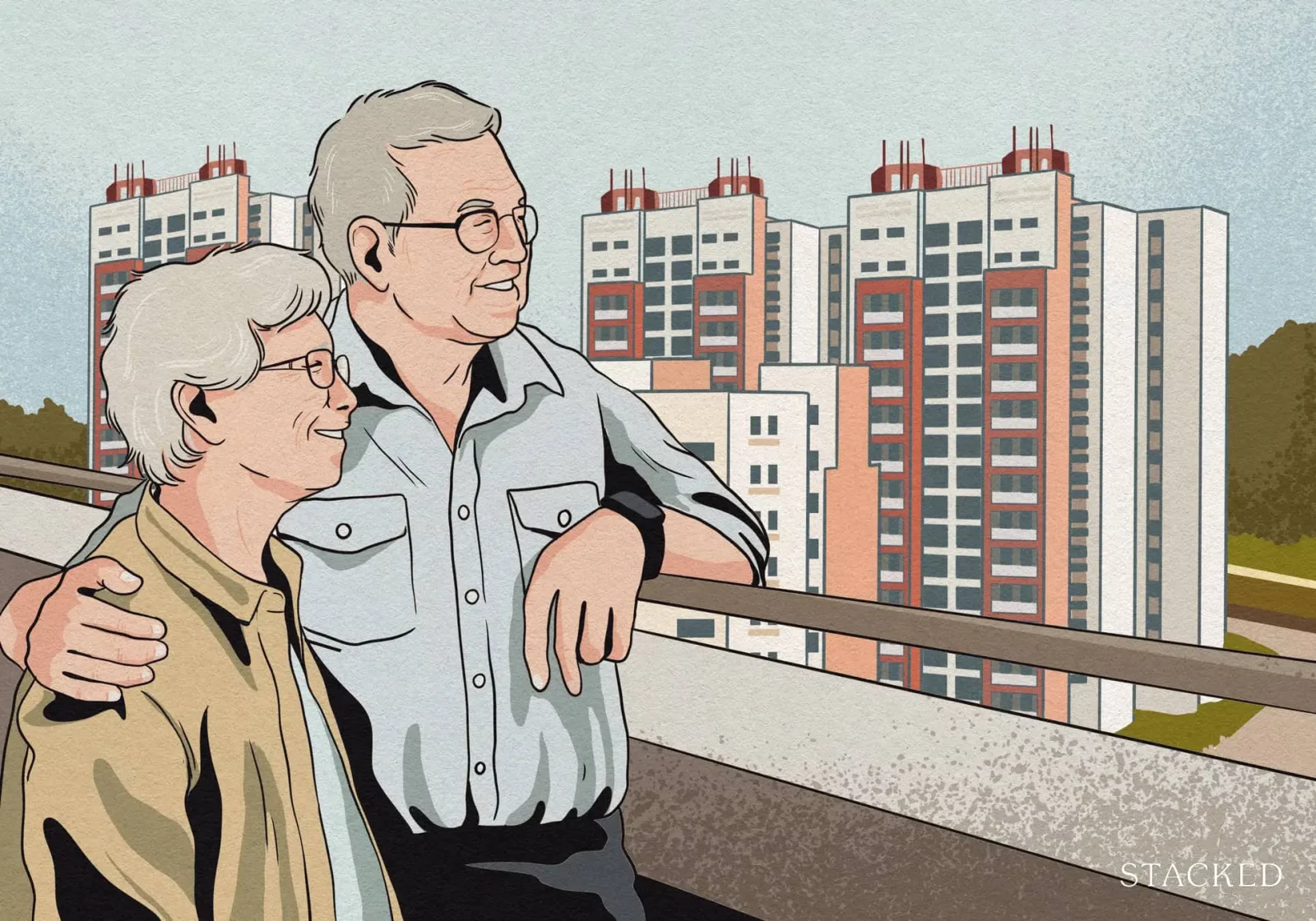
They also tend to rely more on patterns and routines. Some of the old uncles and aunties, for instance, absolutely need certain bus routes to be near them, as those are the only ones they know how to use. Having to re-orientate and learn new routes is stressful and uncomfortable – and because of that, moving can turn them into shut-ins.
(Incidentally, the MRT lines are increasingly complex too, and have gone from the two red and green lines of my childhood years, to something that increasingly resembles my varicose veins).
For this reason, more than any other, I feel greater numbers of ageing Singaporeans will opt for LBS. It’s for the simple fact that they don’t need to move, lose friends, and re-learn new routines.
Keep in mind that, by 2030, around a quarter of all of us might be 65 and older. When we’re spry or at least middle-aged, relocating doesn’t seem so bad; it can even seem exciting. But that perspective changes with age.
2. Cashflow and financing issues
A lot of Singaporeans overlook loan tenures, and other age-based lending limits. It’s not really the sort of thing you ponder until the actual day it affects you.
But consider that, once you’re near or at retirement age, bank financing becomes a lot more challenging. And moving to a new place is not exactly free – from paying the movers, to renovating the new house, there are cashflow issues involved.
If you’re young, you can easily take out a bunch of loans to cover this. When you’re, say, 65 years old, banks get a lot less generous with their financing.
We also have some senior citizens who have nothing besides their CPF payouts to live off. Not everyone’s children do well enough to treat their parents lavishly; and we’ll increasingly have seniors who have no children, at our current birth rates.
To be clear, I also believe that banks or the government will innovate in this area, and we’ll see more financing options for seniors going forward. We have to, since they’re about to become a big majority.
But these factors are still going to dissuade more people from moving. The LBS, with its potential to raise your retirement payouts without so much as calling an agent to list, is going to look more tempting.
3. The future resale flat market is likely to change
Today it’s a housing market where we see million-dollar flats seem to get more and more common, and demand outstrips supply.
(Not least because if you’re below 35 and single, the system seems to expect you to dig out caves in Bukit Timah and live there or something).
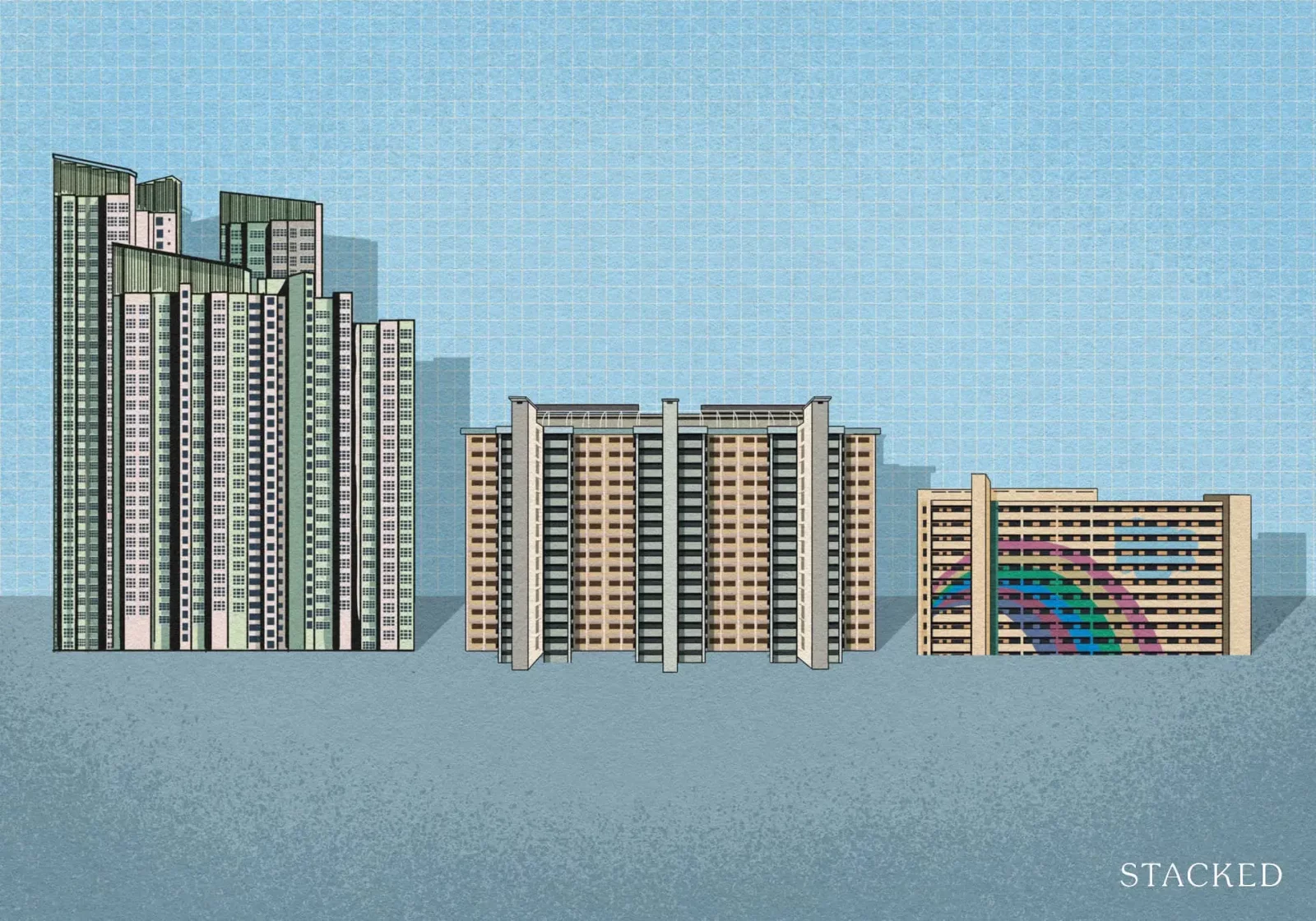
But in the future, I think there are fewer chances of someone coming along and offering you a windfall for your flat (barring some exceptions, like prime areas). This runs contrary to the imagined scenario where you accept the LBS, and then regret it later when a buyer offers a good price.
As I’ve mentioned in previous articles, a time will come when the previous generation passes on. Foreigners can’t own HDB flats, and most of us will probably already have a home when the time comes (we have a near 90 per cent home ownership rate).
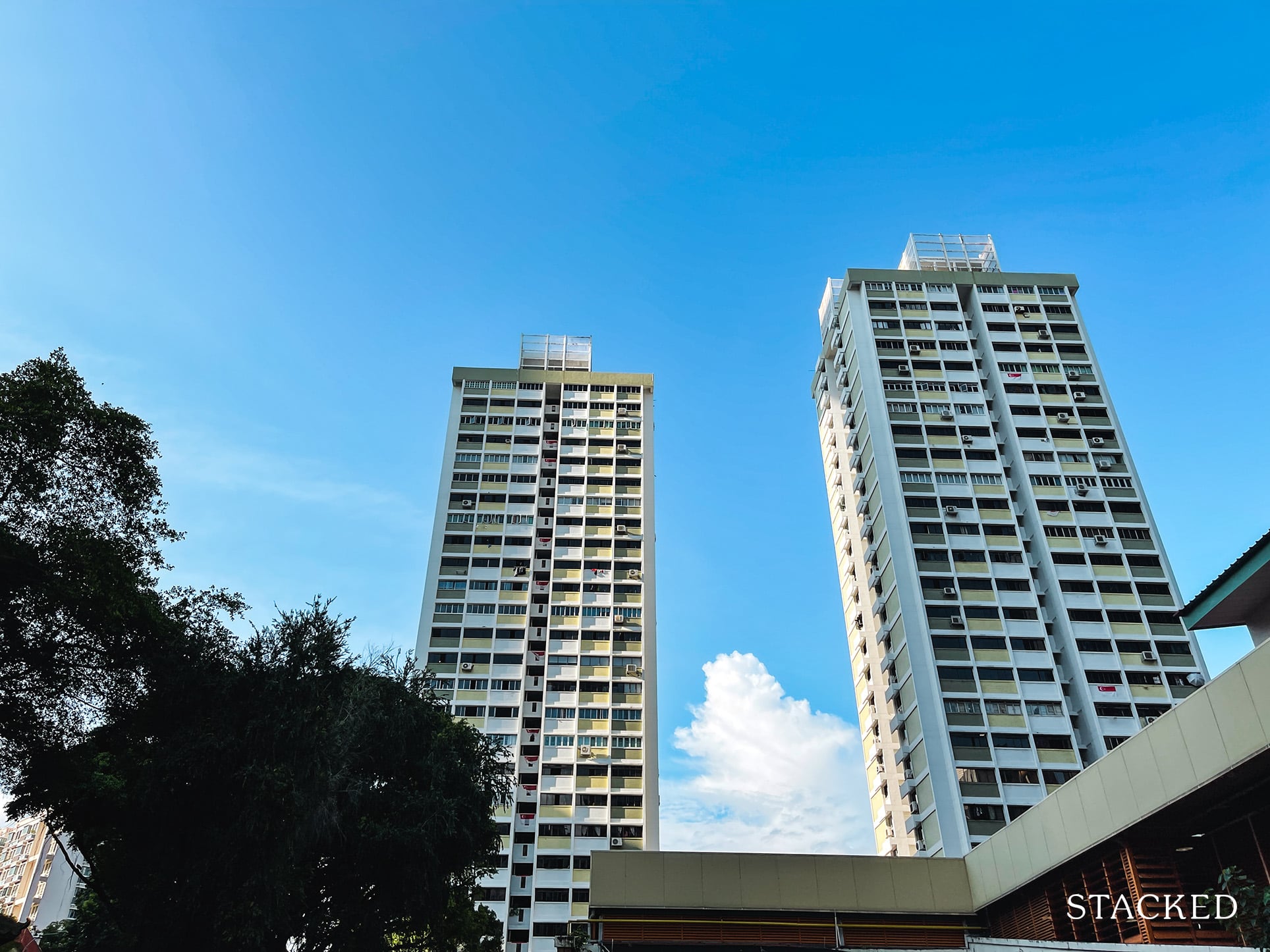
Property Market CommentaryIs A HDB Flat Oversupply Inevitable In The Future? What Happens When Our Parents Generation Passes On
by Ryan J. OngThat’s a lot of vacant flats, and a lot of supply, to moderate prices in the future.
As for the exceptions – such as prime region flats – I feel the location is so convenient, that a bigger percentage will decide they’d rather stay on and use the LBS, than sell and move to somewhere less central. I mean, the people buying Prime Location Housing (PLH) flats are already accepting 10-year MOPs, suggesting they’re happy to live in their super convenient homes for a long time; possibly for life.
4. Increasing awareness that flats are not great as inheritances
And the point above leads me to ask: is it such a bad thing that, after LBS, your flat doesn’t add much to your children’s inheritance?
It is, again, quite unlikely that your children can inherit your flat anyway. Most Singaporeans, by the time they’re 65, will have children who already own their own properties. They won’t need the accommodation.
And as for the money from selling the flat, this is where I write a disclaimer that:
I am not a financial advisor, but if you talk to some finance experts out there, I’m sure you’ll hear there are better ways to pump up your children’s inheritance. Methods that do as well as – if not even better – than leaving them an HDB flat.
At the most basic level, I feel older Singaporeans will realise that the best thing they can do for their children is to have fat, juicy, retirement payouts of their own. When your CPF savings look like a phone number, and your daily spending and healthcare costs are secured, you will take a great weight off your children’s shoulders.
In a rapidly ageing country, being able to look after yourself is a huge gift to your children.
(Mind you, that’s not to say you children ought to neglect your parents).
When this realisation grows, I feel there will be less resistance to the notion of using LBS. Let the flat go back to the government earlier, if they’re willing to pay for it.
If you’re put off from the LBS by suggestions like “You are losing your equity value!” or “Later you cannot back out of it!” I would suggest pondering the alternative.
Are those theoretical scenarios worse than the very real factors of moving, such as cost, or loss of routine and familiarity? It’s quite likely that selling a flat you love is also irreversible, as you can’t assume you can buy your back to the neighbourhood (especially not in your twilight years).
Do think that through. And in the meantime, maybe the government ought to think about raising the cash benefits a little more, or being a bit more generous. I know the tail-end of the lease is less valuable, blah blah, but the benefits of boosting retirement sums may outweigh that.
For more on the Singapore property market, private or public, follow us on Stacked. We’ll also update you with in-depth reviews of new and resale properties alike.
At Stacked, we like to look beyond the headlines and surface-level numbers, and focus on how things play out in the real world.
If you’d like to discuss how this applies to your own circumstances, you can reach out for a one-to-one consultation here.
And if you simply have a question or want to share a thought, feel free to write to us at stories@stackedhomes.com — we read every message.
Frequently asked questions
What is the Lease Buyback Scheme (LBS) in Singapore?
Why might the Lease Buyback Scheme become more popular in the future?
Are many seniors using the Lease Buyback Scheme now?
What are some disadvantages of the Lease Buyback Scheme?
How does the Lease Buyback Scheme differ from selling a flat on the open market?
Ryan J. Ong
A seasoned content strategist with over 17 years in the real estate and financial journalism sectors, Ryan has built a reputation for transforming complex industry jargon into accessible knowledge. With a track record of writing and editing for leading financial platforms and publications, Ryan's expertise has been recognised across various media outlets. His role as a former content editor for 99.co and a co-host for CNA 938's Open House programme underscores his commitment to providing valuable insights into the property market.Need help with a property decision?
Speak to our team →Read next from Singapore Property News

Singapore Property News The Unexpected Side Effect Of Singapore’s Property Cooling Measures

Singapore Property News The Most Expensive Resale Flat Just Sold for $1.7M in Queenstown — Is There No Limit to What Buyers Will Pay?
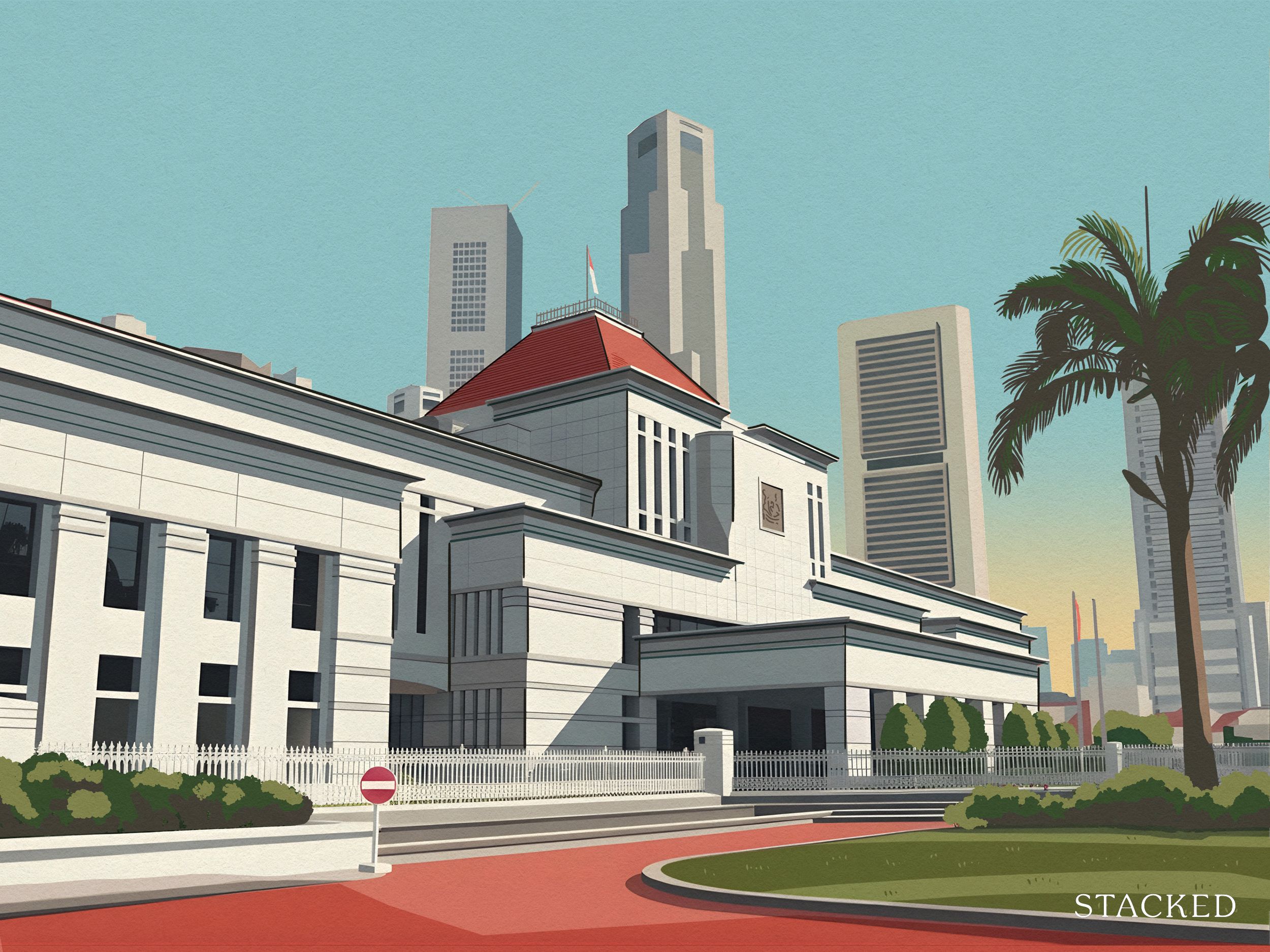
Singapore Property News Why Housing Took A Back Seat In Budget 2026
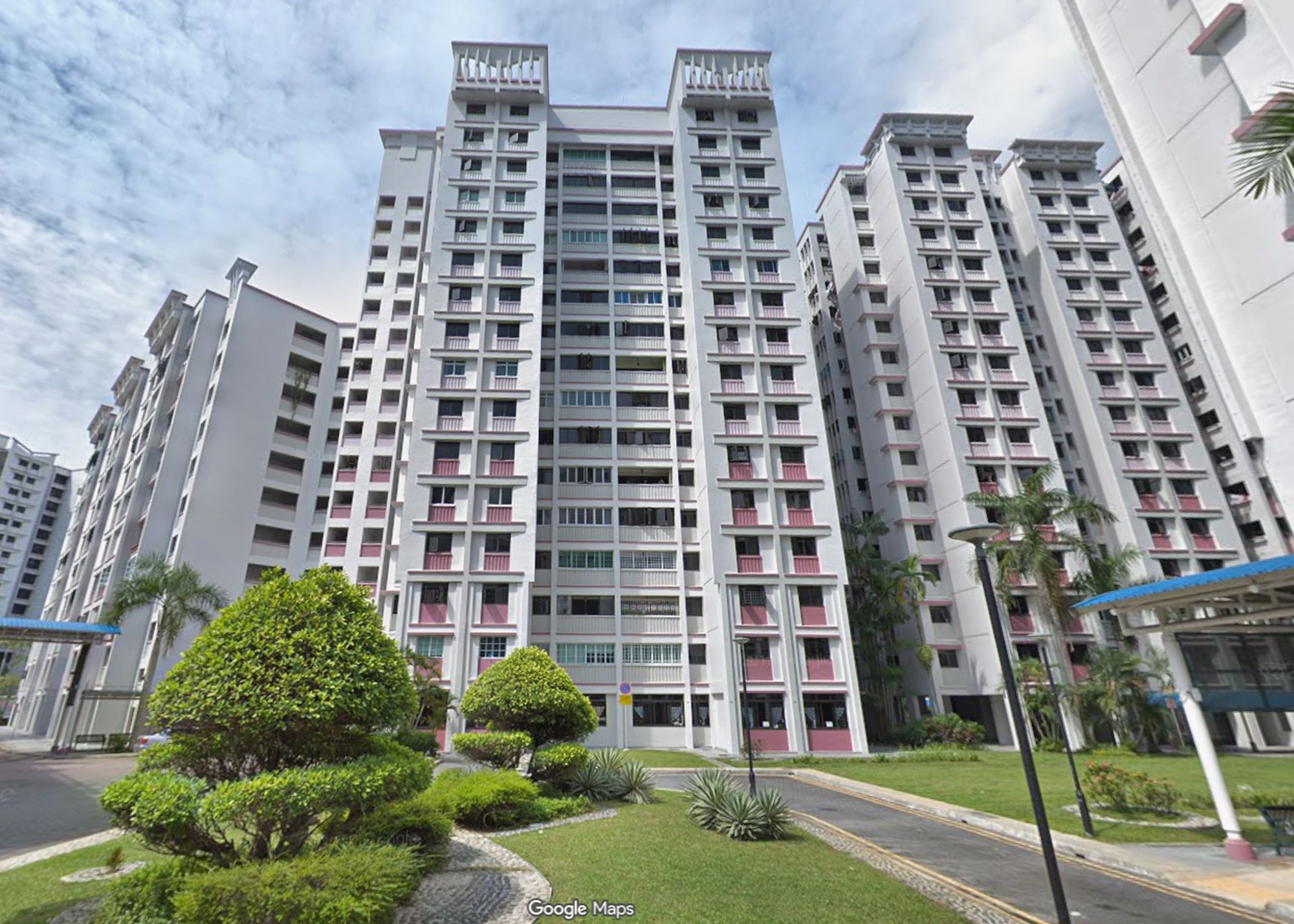
Singapore Property News An Older HDB Executive Maisonette Just Sold For $1.07M — And It Wasn’t In A Mature Estate
Latest Posts

Overseas Property Investing Savills Just Revealed Where China And Singapore Property Markets Are Headed In 2026

Property Market Commentary We Review 7 Of The June 2026 BTO Launch Sites – Which Is The Best Option For You?

On The Market Here Are The Cheapest 4-Room HDB Flats Near An MRT You Can Still Buy From $450K




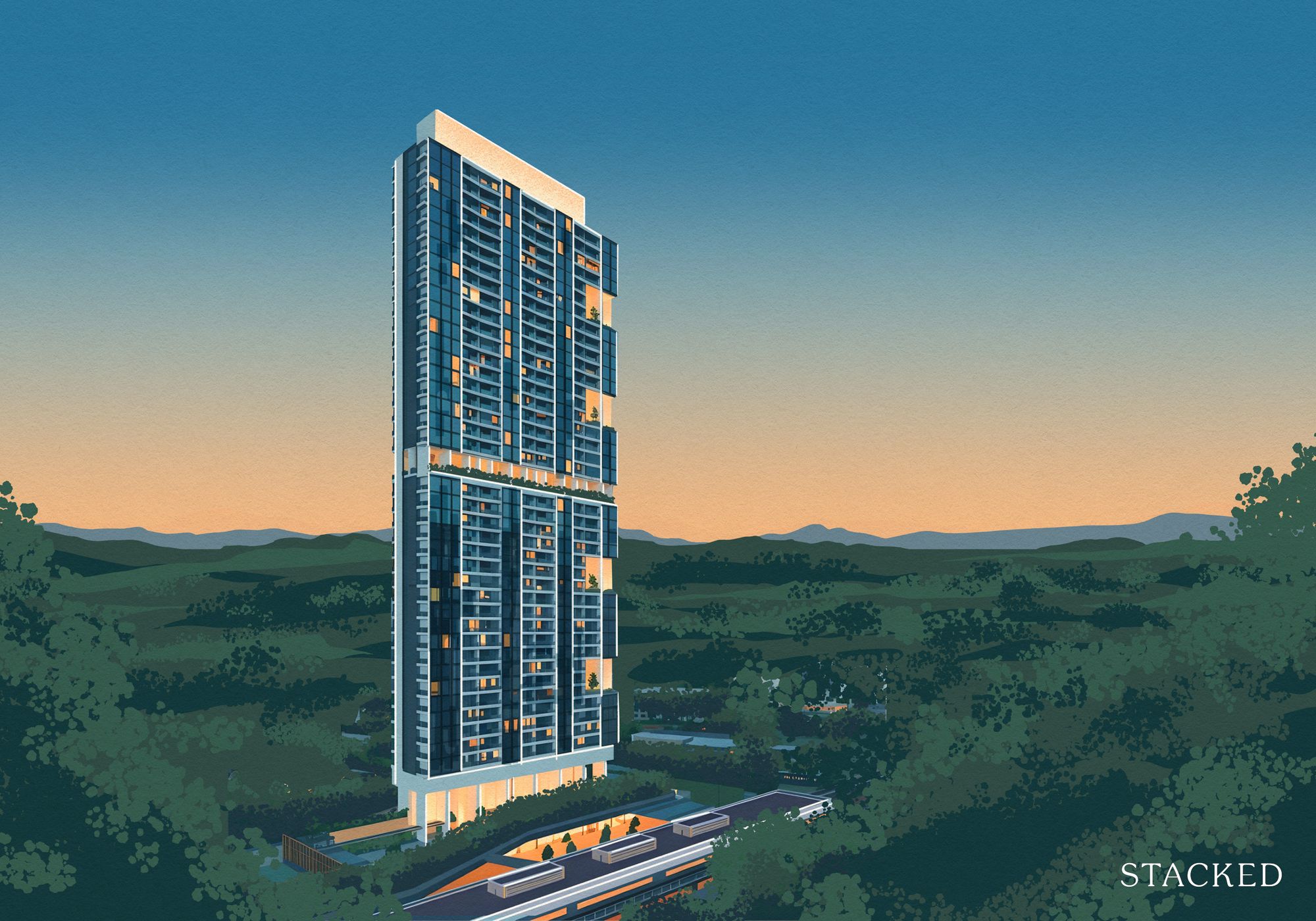




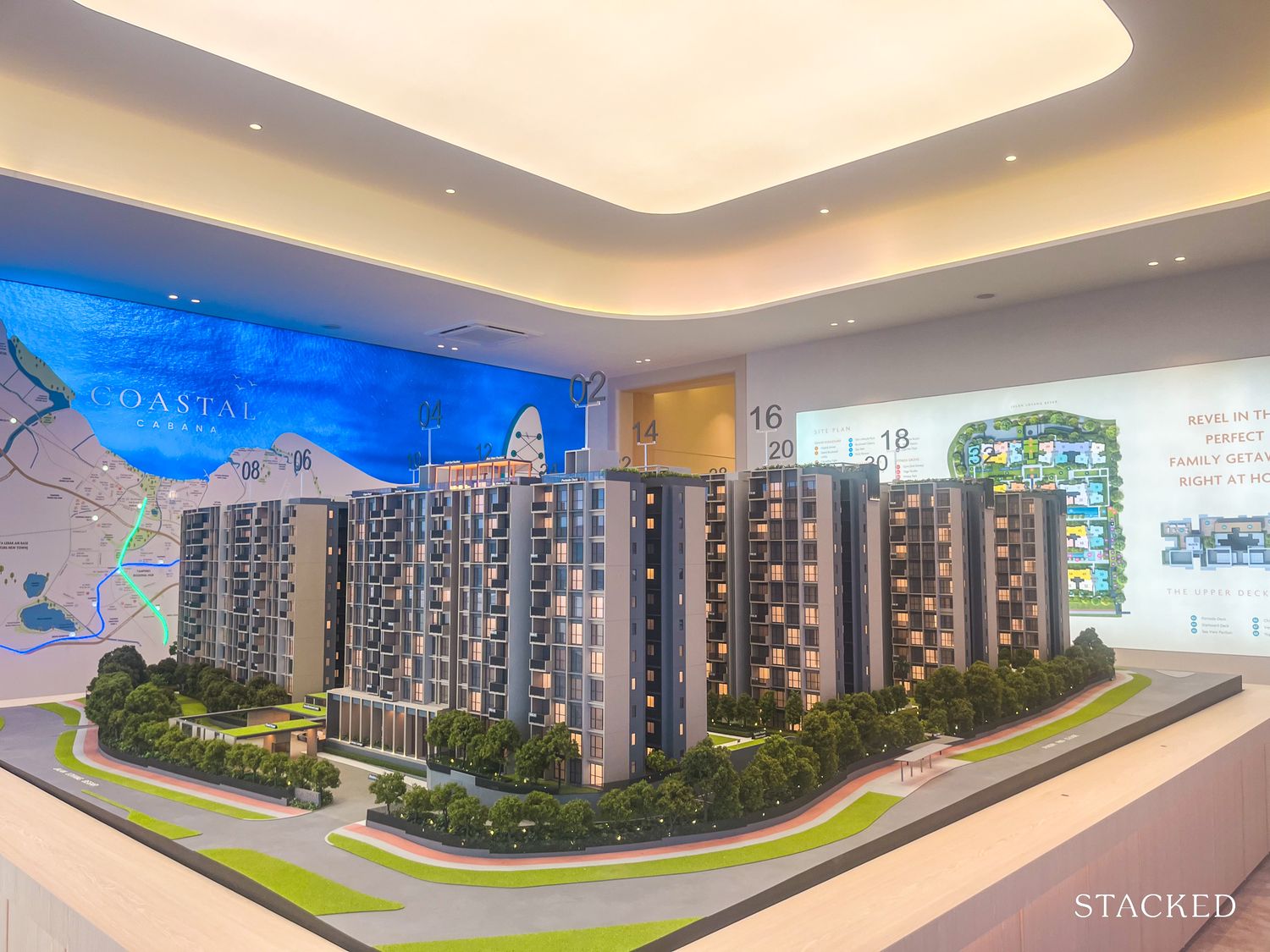





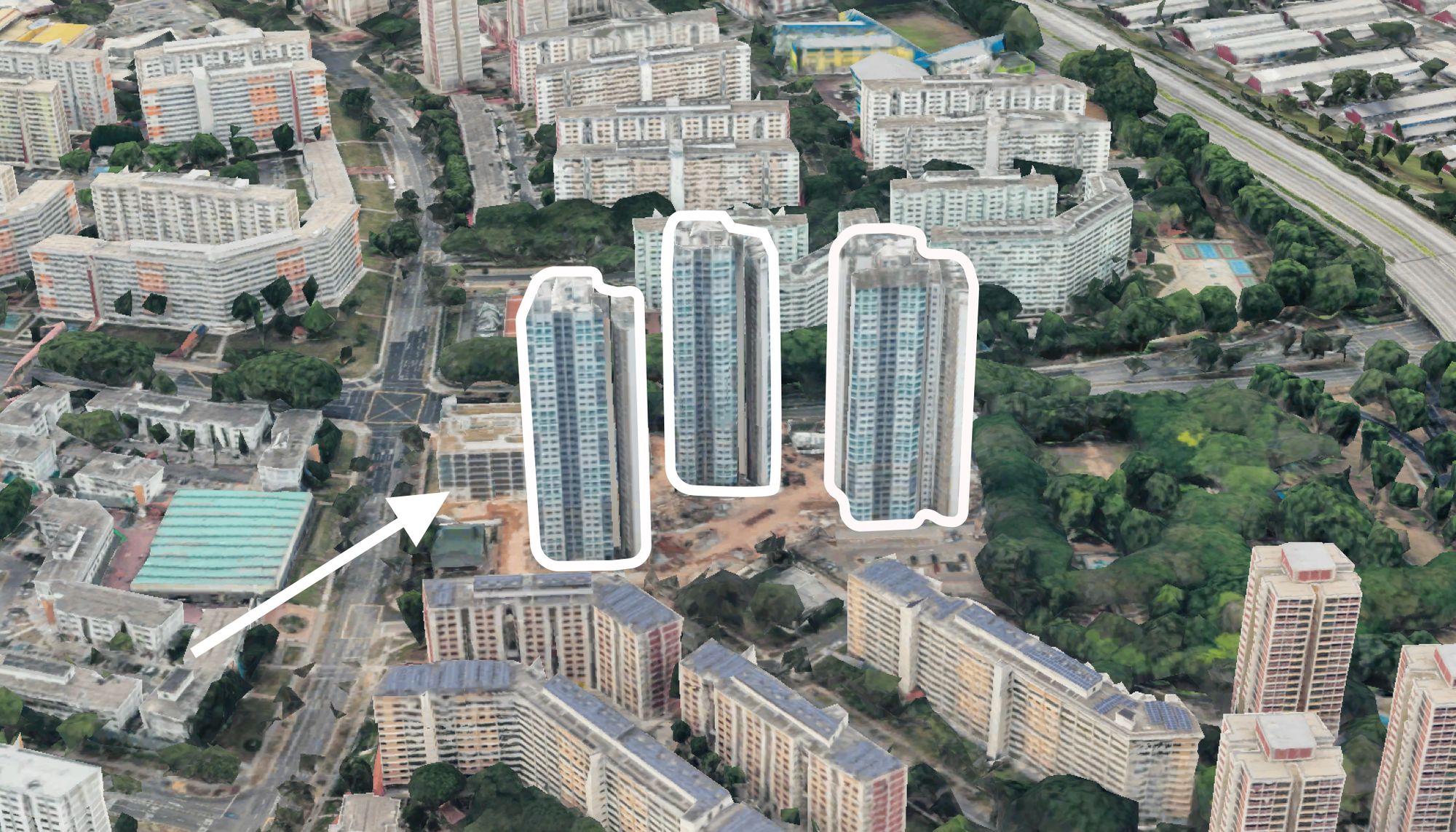
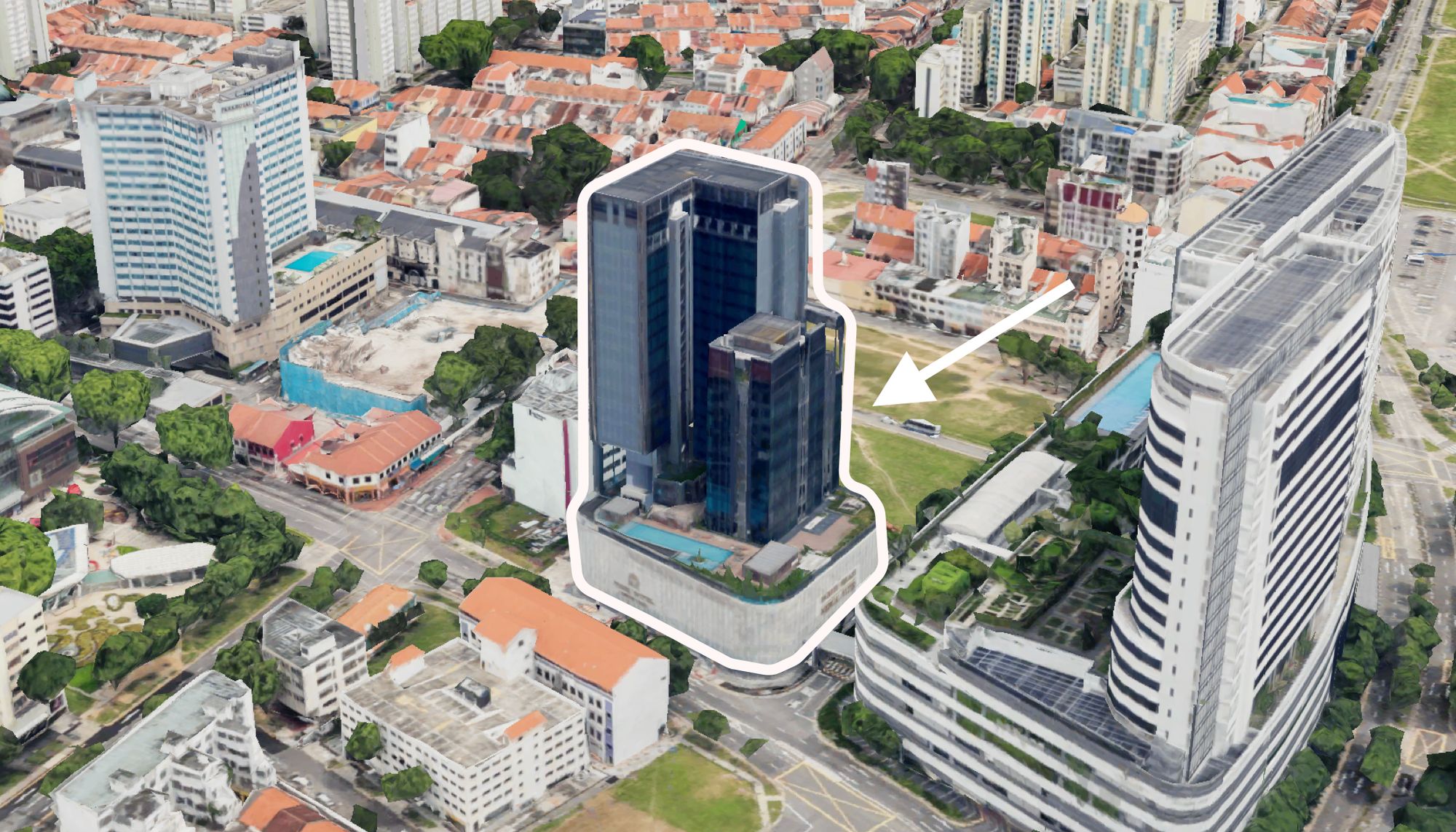













0 Comments